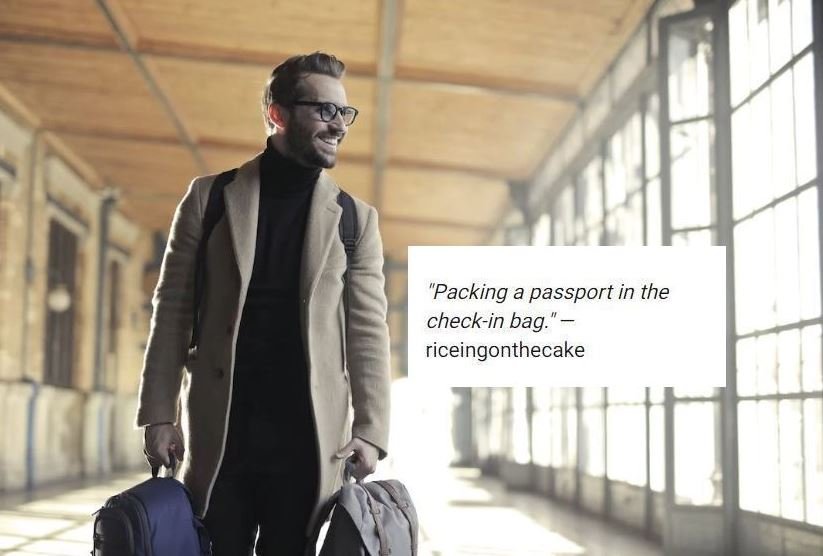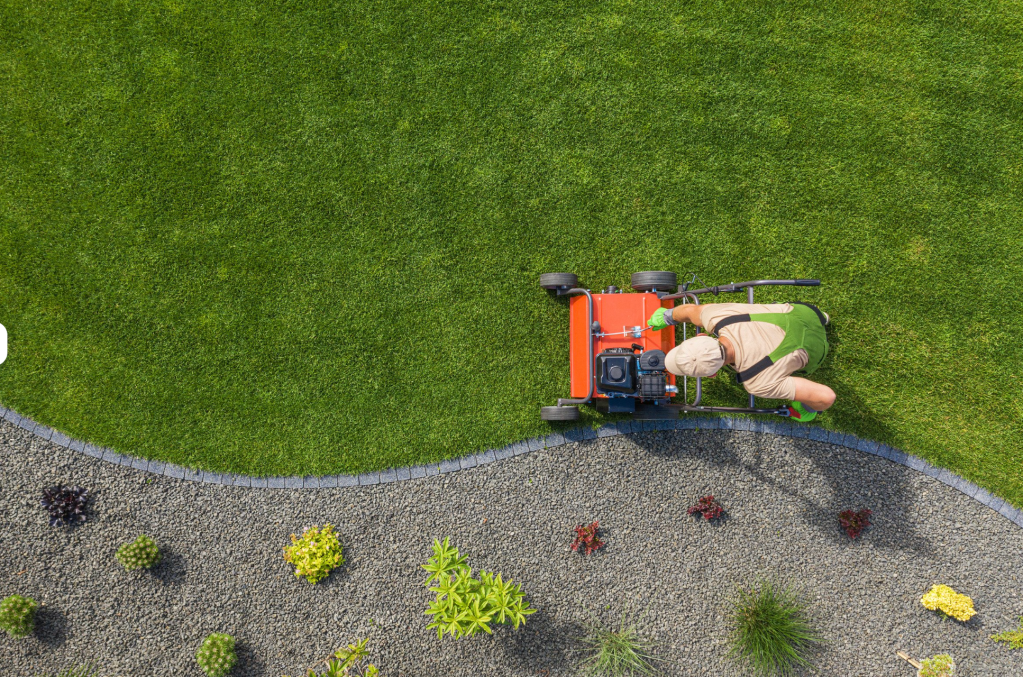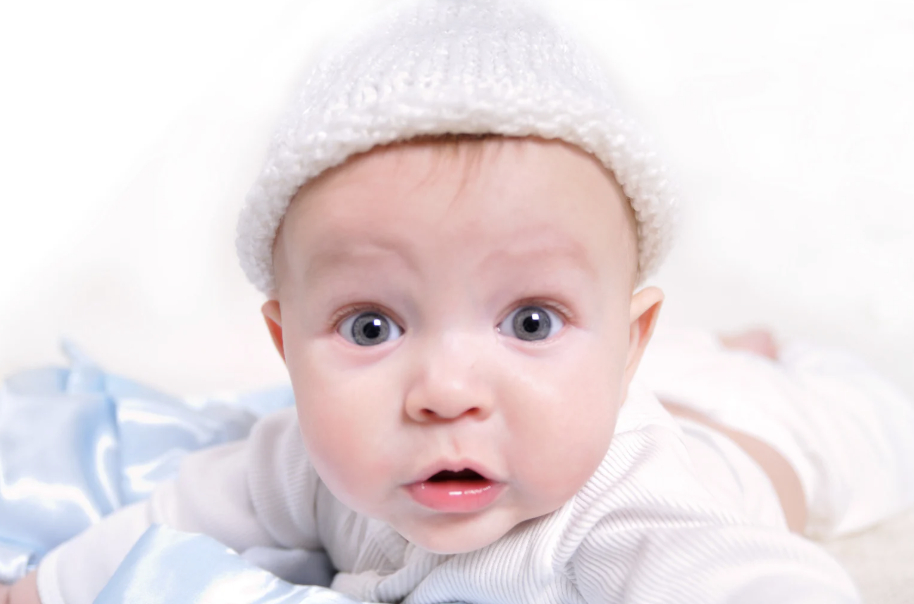There are a lot of things that can go wrong while traveling. You must book the trip, get to the airport on time and have appropriate passports, visas, and vaccination papers. Add to that the problems that can come with renting cars, buying train tickets and dealing with your hotel arrangements.
When you finally arrive, you may have some uncomfortable situations that come from not knowing the language or local customs.
But all the troubles are worth it the moment when you and your traveling partner turn to each other and say, “We made it!” After all, if travel were easy, it wouldn’t be as much fun.
A Reddit user by the name of Medium-Decision6899 asked a revealing question to the Travel forum: “What is the dumbest travel mistake you’ve made?” The reactions were a mix of booking mistakes, airport errors and passport problems. Some were funny, while others were a reminder of things to avoid when traveling.
Here are 16 of our favorite responses to the prompt: “What is the dumbest travel mistake you’ve made?”
1. Long wait, buddy
“I booked a ticket to the Anne Frank museum tour and stood in line. Ticket was for the following year.” — Dickasaurous2000
2. Check your passport
“Not me but my husband. The night before our first trip to Barcelona he noticed his passport had expired. Hotels were nonrefundable at that point so I waved goodbye and did the trip solo.” — Trekker_Cynthia
3. Double-check before you book
“I once booked a month-long Airbnb for the wrong month.” — Bruce_e
4. Beer Blunder
“Mine was being an inexperienced 19-year-old traveler bringing lots of German beer to Liverpool in a duffel bag. About 10 or 12 bottles broke, and the bags on the conveyor belt were soaked in beer, and the people were angrily mumbling over it. Then mine came, the whole bottom was drenched, and eyes were all over me as I quietly snuck out.” — DoneTravelling
5. Delhi belly
“I ate a meal with raw vegetables at a gas station on the bus from Kathmandu to Delhi. Big mistake, was ill the remainder of the trip.” — Kaste
6. Don’t assume
“I booked a trip to Istanbul in December, assumed it would be warm because it was on the Mediterranean and in the Middle East, didn’t check the weather predictions, didn’t pack any warm clothes, and it was snowing when I arrived.” — ShinjukuAce
7. Lucky duck
“Recently went to Japan and must have been extremely jet lagged my first night because I threw my envelope of 40000 yen (like 280 USD) into the trash can in the bathroom of the floor of the hostel I was staying in. Was checking the bathroom as a last ditch effort, moved a few pieces of tissue and there it was untouched.” — Ducey89
8. When all else fails, bribe
“I once traveled to an African country and forgot my mandatory vaccination book. I had to bribe the lady in the office with 50 bucks, which she did hide in her boobs and here I go across the border!” — notskeleto
9. A tale of two Sydneys
“Sydney, Australia, and Sydney, Nova Scotia are not close to each other. I have no idea why I didn’t question why the ticket was so affordable!” — egd-f
10. The maritime rub
“Took a cruise in the Mediterranean. I signed up for International coverage, but didn’t realize that didn’t include maritime roaming, or that maritime roaming was even a thing… was in for a painful surprise the next morning. Fortunately, it was just the first day but the charges were over $250 and I was able to negotiate the cost down when I returned.” — dotthemcqueen
11. Now, that’s dumb
“Packing a passport in the check-in bag.” — riceingonthecake
12. Now, that’s smart
“I mentally earmark a few hundred dollars per trip for ‘mistakes’ since I plan my own trips. No one is perfect, and expecting to make a few errors helps me deal with it when it happens.” — Maddbadger
13. Wrong island
“Booked a car while traveling to Kauai, this was when rental cars were low so felt lucky to have one. The day before realized it was for a completely different island in which the airport name sounded similar.” — Whistle-KNower59
14. Wrong country
“Booked a flight to San Jose, CA. Went to check in and they asked me for my passport. Turns out I had booked a flight to San Jose, Costa Rica. I was traveling with my partner, an adult child, and a cello, the cello needs its own ticket. So that was stupid x 4.” — ketkate
15. Overbooking
“Continuing to try and visit too many places in a short amount of time. I do this all the time. I tell myself I won’t next time. Perhaps not the dumbest but when you repeatedly do the same thing, it’s pretty dumb.” — Blindemboss
16. Buzz kill
“Took my son (5yo) to a toy store before going to the airport. forgot to pat him down so he set off security with a pair of fake handcuffs, a giant nickel, a huge metal eyeball, and a joy buzzer. Scared the hell out of him when he got searched. They confiscated the handcuffs and the joy buzzer.” — Dinodigger67



































